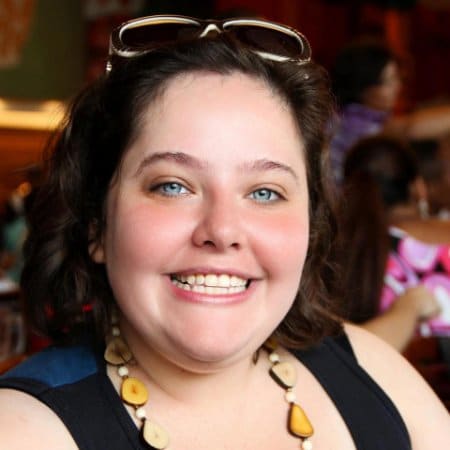Thou shalt not make up rules
One of my relatives is all giddy with excitement because she has recently begun studying English again. At a family party, we struck up a conversation in a mixture of Portuguese and English, and for some reason I can’t remember, I asked, “How do you say… in English?” She jumped out of her seat, “I knew it! I knew it was possible!”
“Pardon?”
“My teacher said ‘how can I say’ is wrong. We have to ask ‘What do you say…’!”
My espirit de corps kicked in, and I immediately retreated to safe diplomatic ground, “Listen, I might be wrong on this, I’ll check. But you may have misunderstood what he said. Why don’t you check your notes again and ask him after class?”
Behind my panic-striken defense of an unknown teacher, deep inside of me an old pet peeve started showing its ugly head. “Teachers, leave those rules alone!”
I think we have all been there and done that. We may have misanalyzed input, overgeneralized, believed in what someone we admire told us… Whatever the reason, we’ve all ended up with a language rule in mind that doesn’t actually conform to reality. “This is not possible in English.” “That’s Portuguese.” “This is British (or whatever) English.” You know the drill.
And we may all have passed that purported ‘rule’ to our students. I know I have. More than once.
“Hello, my name is Natalia, and I’m a recovering fake rule-maker.”
There should be a support group for us teachers who have misrepresented the very language we’re supposed to teach. The motto? “Two words you should always remember never to say: ‘always’ and ‘never’.”
Sweeping generalizations and hasty observations don’t go well with the nature of languages. If you’re saying ‘always’ or ‘never’ to anything linguistic, you’ll probably be in deep water in no time.
Of course we have to simplify things when we are teaching. I am fully aware that there are things we must tell students at a certain proficiency level which we’ll gladly deconstruct or expand when the high proficiency group comes in. I’m also mindful of the fact that many students don’t like the quicksandy territory of linguistic maybes and sometimes.
But here I leave my plea: let us stop, you and me, with the overcreative vetoes on linguistic forms. Let us refrain from saying “that does not exist” or “this is not American (or whatever) English”. The world of the English language is vast and largely unknown to all of us. It might be possible. It might be even common. We don’t know for sure.
Instead of outruling perfectly fine constructions, why don’t we give them the benefit of the doubt? Check. Double check. The universe is our corpora and there is no shortage of resources in terms of dictionaries, grammars and journal articles on the English language. The truth is out there!
And I don’t know about you, but I’d love to be regarded as the Agent Scully of the language I chose to work with.




